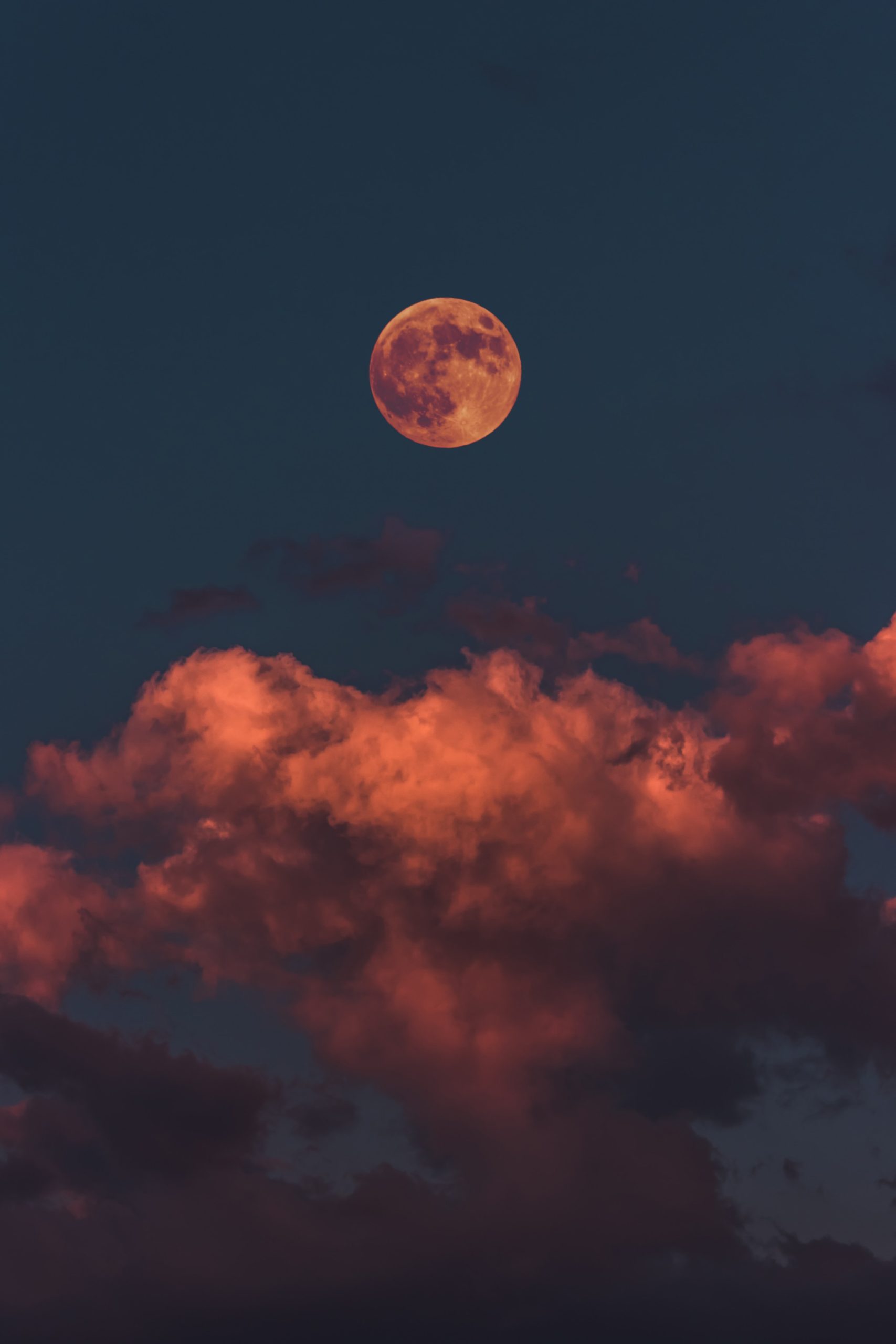French for the Moon: Unveiling the Mysteries of “La Lune”
When it comes to expressing our fascination with the Moon, we often find ourselves captivated by its sheer beauty and intriguing presence in the night sky. In our quest to understand this celestial object better, we explore various aspects, including its composition, history, and even the linguistic connections it inspires. In this comprehensive guide, we delve into the French language’s fascinating take on the Moon, uncovering linguistic nuances and cultural perspectives associated with “La Lune.”
An Introduction to “La Lune”
In French, the Moon is known as “La Lune.” The word “Lune” comes from the Latin word “luna,” which traces its roots back to ancient Roman mythology. The Romans’ lunar goddess, Luna, was associated with the Moon’s awe-inspiring magnetism, feelings of illumination, and the mystical energy it exuded. This linguistic connection establishes the basis for our exploration of the French interpretation of the Moon.
How to Say “Moon” in French
When referring to the Moon itself, the word “Lune” is commonly used. However, like with many words in the French language, contexts and situations may influence the choice of vocabulary. For instance, you can also use the word “satellite” to describe the Moon, reflecting its status as Earth’s only natural satellite.
Let’s further explore some additional French terms connected to the Moon:
| French | English |
|---|---|
| La Lune | The Moon |
| Satellite | Satellite |
| Lunaire | Lunar |
| Astronaute | Astronaut |
| Cratère | Crater |
French Expressions Involving the Moon
The Moon’s allure extends beyond its scientific significance; it has become a source of inspiration for countless expressions and idiomatic phrases in various languages, including French. Here are a few fascinating examples:
- Être dans la lune: This expression, literally translating to “to be in the Moon,” is similar to the English phrase “to have one’s head in the clouds.” It describes someone who has a tendency to daydream or be absent-minded.
- Avoir la lune en pâture: Translating to “to have the Moon as pasture,” this phrase signifies having unrealistic or unattainable dreams. It highlights the vastness and unattainable nature of the Moon, implying that the person’s aspirations are too lofty or out of reach.
- Un silence de cathédrale: While not directly related to the Moon, this expression uses it metaphorically. Translated as “a cathedral-like silence,” it describes a deep silence, often observed during moonlit nights, that is exceptionally peaceful and serene.
French Literature and the Moon
The poetic and evocative nature of the Moon has woven itself into the literary fabric of French culture. Countless French authors have explored the Moon’s symbolism and used it as a powerful motif in their works. One notable example is De la Terre à la Lune (From the Earth to the Moon) by Jules Verne. Published in 1865, this science fiction novel follows a group of adventurers as they embark on an audacious plan to travel to the Moon.
Another renowned literary work is Poèmes saturniens (Saturnian Poems) by Paul Verlaine, a collection of introspective poems that includes moving verses dedicated to the Moon. Verlaine’s poems often symbolize the Moon as a muse inspiring emotions, reflection, and longing.
The Moon in French Art and Music
Just as literature celebrates the Moon’s influence, French art and music have also embraced its enchanting presence. Renowned impressionist painter Claude Monet explored the Moon in his series of paintings called “Les Meules,” where he portrayed the illuminating effects of the Moon on haystacks.
Beyond the visual arts, the Moon has also made its mark on French music. Claude Debussy’s symphonic poem “Clair de Lune” (Moonlight) is regarded as a masterpiece. This composition captures the ethereal beauty and transcendent essence of the Moon through musical language, elegantly blending harmonies and delicate melodies to evoke a sense of nocturnal serenity.
French Astronomy and the Moon
France has played a significant role in the field of astronomy, with numerous French scientists contributing to our understanding of the Moon and space exploration. In 1969, French engineer Yves Rocard proposed the idea of creating a space agency that would eventually become the National Centre for Space Studies (CNES). This organization has since been involved in various Moon missions and continues to contribute to space research and development.
Additionally, French astronomer Camille Flammarion was renowned for his studies of the Moon. His extensive observations and writings helped unravel some of the Moon’s mysteries and inspired future generations of astronomers.
The Moon’s Cultural Significance in France
The Moon’s cultural significance in France extends beyond its linguistic and artistic connections. The Moon plays a role in various French festivals and traditions, symbolizing unity and the sense of wonder that it evokes. The most notable celebration involving the Moon is the famous Bastille Day fireworks display in Paris. This breathtaking spectacle, held annually on July 14th, illuminates the night sky and pays homage to the Moon’s mesmerizing charm alongside the commemoration of French national pride.
Exploring “La Lune”: A Dazzling Journey
From its linguistic intricacies to its profound influence on literature, art, music, and culture, the Moon holds a special place in the hearts and minds of the French people. “La Lune” continues to inspire and captivate, igniting our imagination and fueling our desire to explore the vastness of space. Whether we gaze at it in awe or delve into its scientific aspects, the Moon remains an eternal muse that transcends borders and languages.
Let us embrace the enchantment of “La Lune” and cherish the magic it brings to our lives.
Table of Contents
